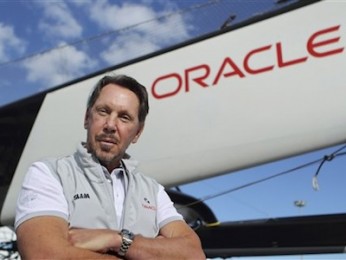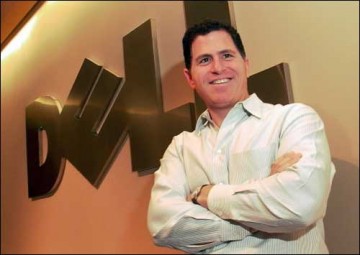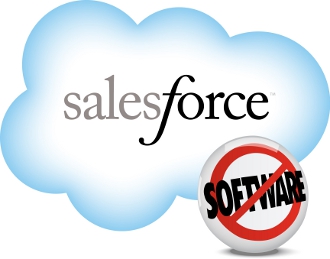 Germany’s Seafile cloud suppler claims it was forced to stop using PayPal because it refused the payment company’s illegal demands to spy on its users’ data.
Germany’s Seafile cloud suppler claims it was forced to stop using PayPal because it refused the payment company’s illegal demands to spy on its users’ data.
Seafile is a Dropbox rival and it told its customers that they would no longer be able to pay for the service using PayPal—the only payment method that the company had in place.
CEO Silja Jackson said the outfit was looking into alternative payment services, but currently it was running a cloud service and not being paid.
Seafile was founded in 2009 by students at Tsinghua University in Beijing, and has gained enough traction in Germany to form a subsidiary there. It offers an open-source file-synchronization system that organisations can install on their own servers—for a fee, if they want enterprise features—and last October the firm decided to also start offering a paid version that’s hosted on Seafile’s German servers, for individuals and small businesses.
Jackson said PayPal contacted Seafile in early June with a questionnaire about its service, and by posting a notice on Seafile’s PayPal account to say it was violating an unspecified part of PayPal’s terms of use.
Jackson thought that PayPal classified Seafile as a service for illegal file sharing. She told them that since it did not offer free accounts and that customers needed to disclose their address when signing up.
PayPal then demanded that Seafile monitor its customers’ data traffic and files for illegal content, and send the payment firm detailed statistics about the types of files synchronised over the service.
Jackson said that would violate privacy laws as giving PayPal statistical information would violate customers’ privacy rights.”
Legal experts have confirmed that had Seafile done as it was told it would have been taken to the cleaners under EU and German privacy laws. When Jackson told PayPal that Seafile was being required to break EU privacy laws, the outfit dropped them like a hot potato.



















